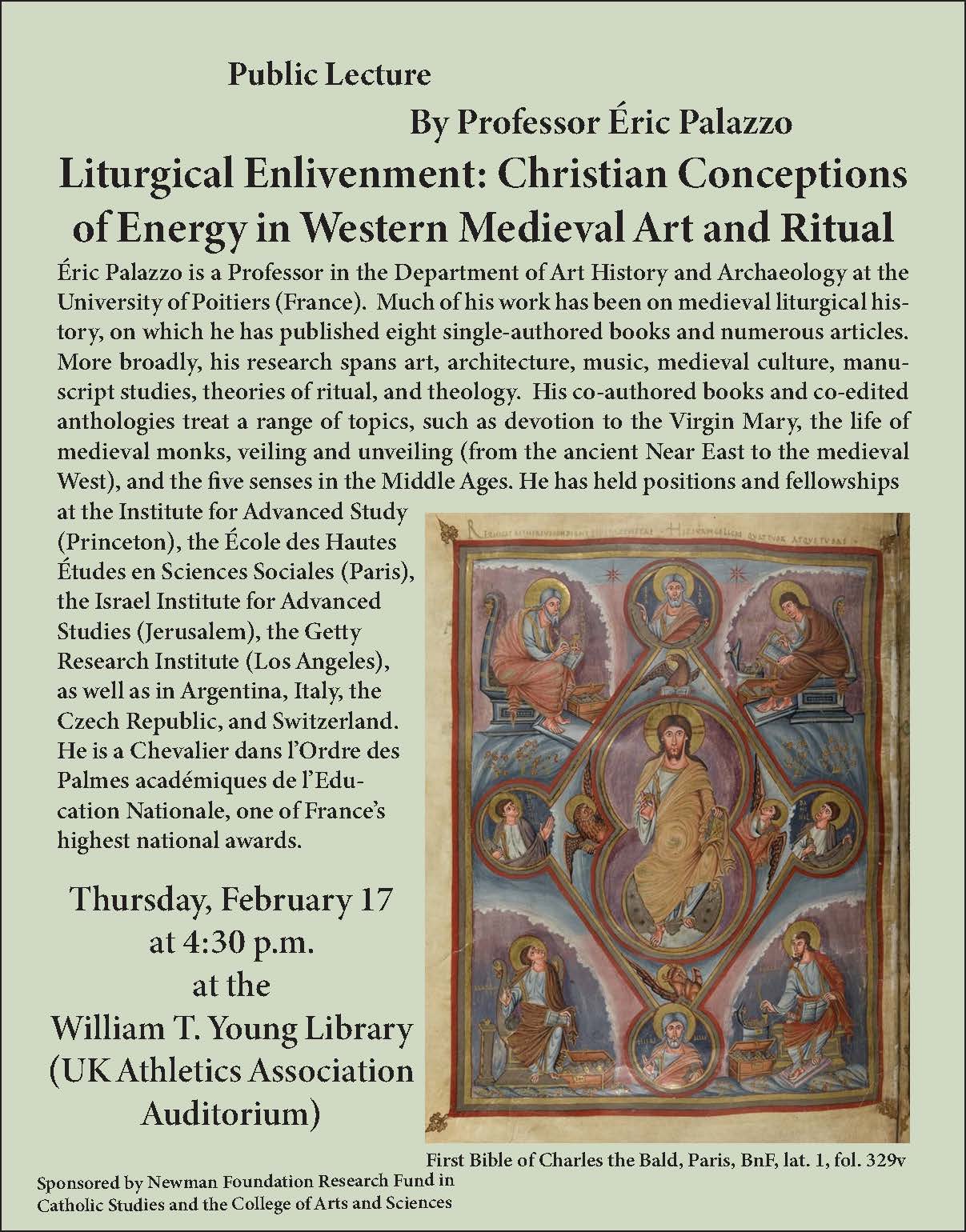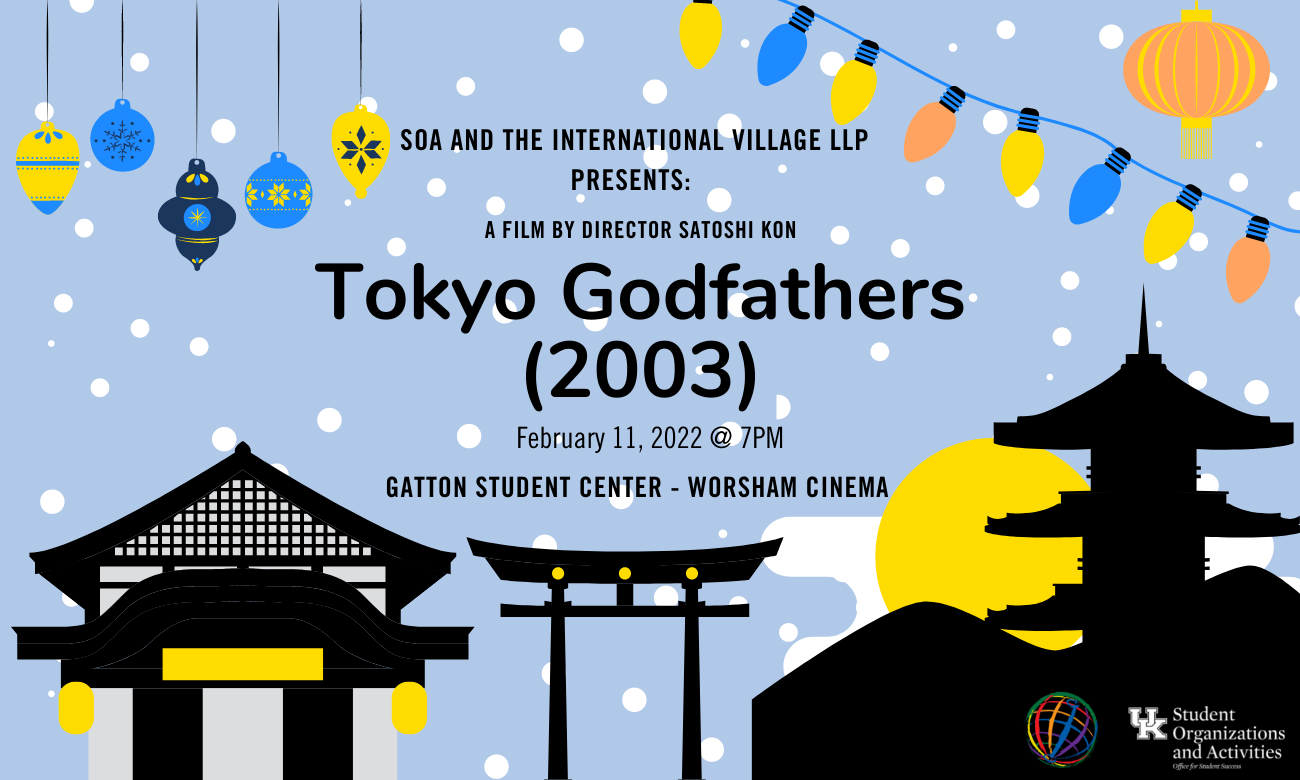Machine Learning Uncovers Violence During Apartheid, Earns Top Honor for UK Researchers
LEXINGTON, Ky. (Feb. 7, 2022) — It takes community and collaboration to define violence, understand the root cause and prevent it from happening in the future.
That’s why the Harry Frank Guggenheim Foundation provides research grants to leading scholars who are making a significant contribution to highlighting and addressing an issue of violence.
Liturgical Enlivenment : Christian Conceptions of Energy in Western Medieval Art and Ritual

Date:
Location:
William T. Young Library Auditorium (UK Athletics Association Auditorium)
Tags/Keywords:
Racial discrimination can in no way be justified’: The Vatican and Desegregation in the US South, 1946-1971
Date:
Location:
W.T. Young Library Auditorium (UK Athletics Association Auditorium)

